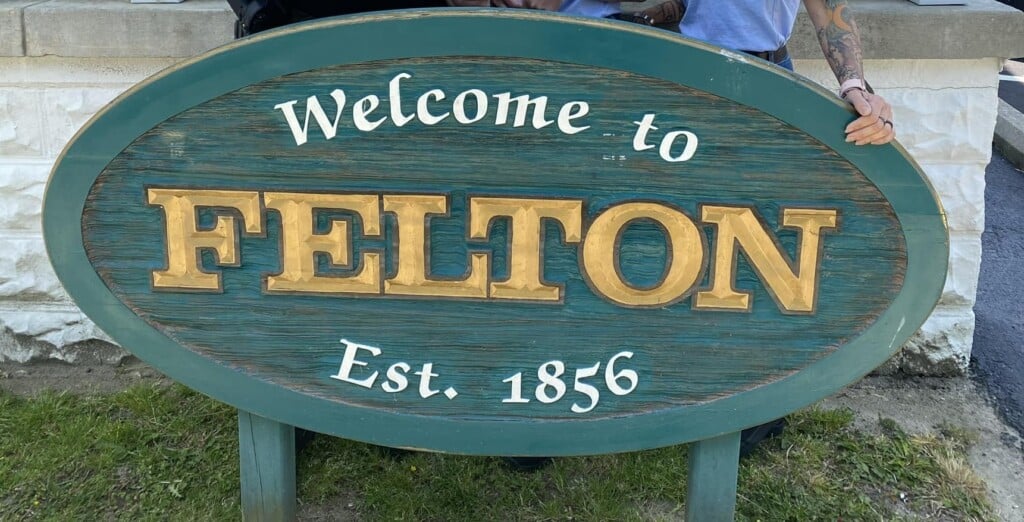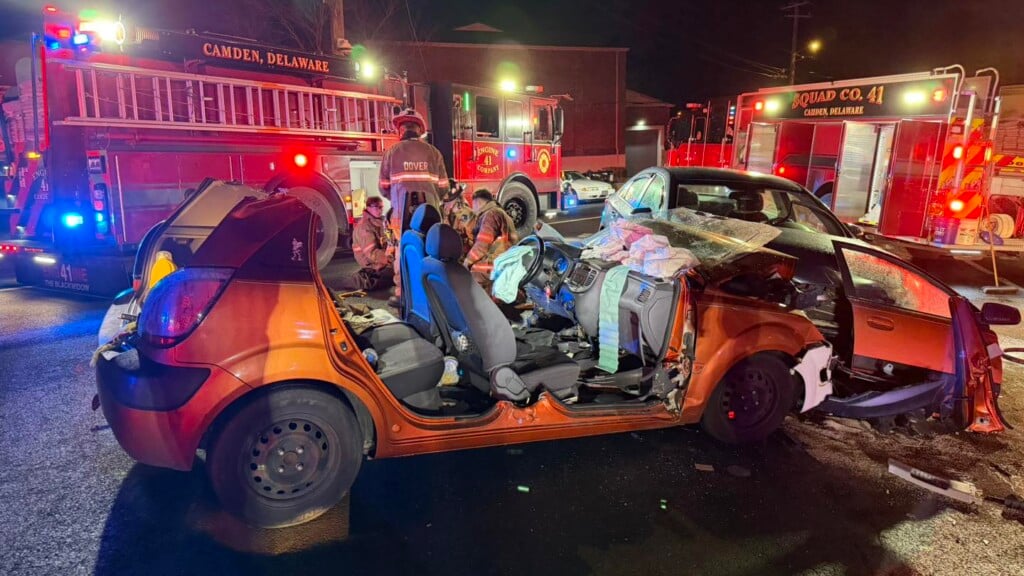County leaders point to local needs ahead of 2025 Maryland General Assembly session
WICOMICO & WORCESTER COUNTIES, Md. – Starting Jan. 8, 2025, the halls of Maryland’s capitol building in Annapolis will be bustling with lawmakers. Here at home, county leaders are hoping to see help on major projects amid a projected $2.7 billion state budget deficit.
Wicomico Co. Continues Work to Modernize Liquor Laws
In Wicomico County, one of the items near the top of that wishlist is modernizing the county’s liquor dispensary system.
On July 1, 2024, House Bill 1340 went into effect. The legislation ended Wicomico County’s prohibition-era liquor law that barred business owners from purchasing liquor and spirits wholesale. Businesses were instead required to purchase liquor from one of three liquor dispensaries in the county. The law had been in place since 1933.
Now, such business owners may choose between purchasing from the existing dispensary system or a distributor of their choice.
County Executive Calls For Liquor Audit, More Local Control
“We would like to perform a performance audit on the liquor dispensary to make sure everything is working as efficiently as it can… [And] we just want to loosen things up a little bit. We by no means want to get rid of the dispensary. It works for a lot of different smaller entities like VFW and American Legion [organizations,]” said Wicomico County Executive Julie Giordano.
Giordano added the county is seeking more local control over how liquor licenses are awarded. She also said the county plans to support the City of Salisbury in allowing downtown establishments to serve alcohol within a designated footprint during sanctioned events.
“What works for Baltimore County is not going to work for Wicomico County… Any time that we can make the decision here and we don’t have to go to Annapolis is a good thing,” Giordano said.
Funding in the Balance for Fruitland Primary
Perhaps more pressing is how the state’s budget deficit will impact plans to build a new facility for Fruitland Primary School.
“We are going to have to prioritize our capital projects. So, we have multiple projects that have been affected because we decided to put Fruitland [Primary] as our top priority,” Giordano said.
Giordano said stormwater management and drainage projects could be delayed as a result. Additional work on Pirate’s Wharf in Quantico could also be hanging in the balance, she said.
The county and state are each responsible for a portion of construction costs. Giordano said Wicomico County has already provided $20 million and will provide $8 million this year. The state, she said, was expected to provide a matching $28 million. It may only be able to provide as much as $6 million because of its financial challenges, Giordano added.
All of this, as Giordano said the county is also gearing up to address needed upgrades for Wicomico Middle School. “We have a lot to think about when it comes to future school building construction.”
Worcester County’s Wind Woes
Meanwhile, Worcester County is fighting its own battle against a proposed offshore wind project. US Wind’s plan would bring turbines hundreds of feet tall only about a dozen miles from Ocean City’s Beach.
The county has joined a federal lawsuit against the U.S. Bureau of Ocean Energy Management (BOEM), alongside the Town of Ocean City and Town of Fenwick Island, the Ocean Pines Association, and others to delay or stop the project. The lawsuit alleges BOEM violated several federal environmental protection acts. Plaintiffs also claim BOEM ignored community opposition, in awarding US Wind the necessary permits to push the project forward.
More recently, Worcester County Commissioners moved to claim eminent domain over two properties in the West Ocean City Commercial Maritime Harbor. Renexia SpA, the parent company of US Wind, had planned to purchase the parcels for the construction of an operations and maintenance facility.
“If they are successful with that, it will essentially decimate our fishing industry and close our harbor to commercial fishing. I think we will continue along that path. And certainly, any help that we can get from the state legislature in that regard would be welcome,” said Worcester County Commissioner Chip Bertino.
Renewable Energy Rules Not Realistic for Worcester Co, Says Commissioner
Bertino added Worcester County leaders remain concerned about what he called a lack of local control over zoning and planning of solar energy sites.
“We’re going to see our local authority eroded when it comes to placing large solar sites within the agricultural areas of our county. That’s very concerning,” Bertino said.
In 2019, former Governor Larry Hogan (R-Md.) proposed the Clean and Renewable Energy Standard. The initiative set the state on a path to 100 percent clean energy by 2040 with zero carbon emissions. By 2020, the state had increased its Renewable Portfolio Standard target of 25 percent renewable energy to 50 percent by 2030, according to the Maryland Energy Administration.
And while Bertino said county leaders are not opposed to renewable energy, they stand against any state mandates that would negatively impact Worcester County’s ability to thrive.
“When the state is pushing mandates for energy that are inconsistent with what we’re able to do here, or if we would have to bear a higher burden than other areas throughout the state, that is problematic,” Bertino said.
Ballooning Budget Problems Press Worcester Co.
The state’s ballooning budget problem is not lost on Worcester County leaders, either, Bertino said. He explained cuts to state funding for programs like Project Open Space and the state’s Highway User Revenue pot have already impacted local needs.
“We lost two-thirds of our [Project Open Space] funding last year. That was tremendously hurtful to what we wanted to do for the community… Our roads in Worcester County and across the state are deteriorating, and we need that funding to ensure our roadways are safe,” Bertino said.
Finding ways to come up with funding on its own is not out of the county’s options heading into the 2025 Maryland General Assembly session, Bertino concluded.
“We’re going to have to pay very close attention to how [lawmakers] decide to close those chasms and how it will negatively impact the county budget… You never know what curve balls are going to be thrown our way that we’re going to have to react to, usually very quickly. So, we’re going to have a ‘wait-and-see’ attitude,” Bertino said.
Maryland General Assembly Important Dates
The Maryland General Assembly convenes for its 2025 session on Jan. 8, 2025. Jan. 15 is the deadline by which Governor Wes Moore (D-Md.) must introduce both the budget and capital budget bills.
To see the Maryland General Assembly’s other dates of interest for the 2025 session, click here.


